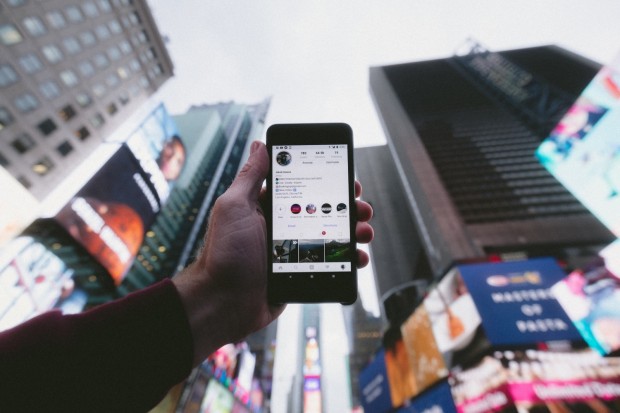
(Photo: Jakob Owens on Unsplash)
Social media has completely changed the way we interact, communicate, and exchange information in our lives. The tourism sector is one that has seen the massive consequences of this change. Social media has a big influence on how people travel, from triggering wanderlust to influencing choices. Let's explore how social media has changed the landscape of the tourism sector.
Inspiration Beyond Boundaries
Social media sites like Instagram and TikTok have transformed into online travel magazines that provide a wonderful selection of photos and videos highlighting breathtaking scenery and diverse cultures. The ability to travel the world from the comfort of one's home has made it more appealing for wanderers to seek out new adventures. Travelers may be inspired by the visual attractiveness of these platforms to imagine places they may never have imagined before and to dream outside their local surroundings.
Reviews and Recommendations
The days of relying entirely on travel companies and guidebooks for information are long gone. Travelers may now make better-informed judgments thanks to real-time evaluations and recommendations on social media. Travelers may share their experiences, give advice, and alert other travelers to potential problems on websites like TripAdvisor and Facebook groups dedicated to travel. People are now able to make travel plans based on real, peer-generated insights. Additionally, free Wi-Fi provided by businesses like Walmart enables travelers to stay connected and easily share their experiences.
Direct Engagement with Travel Brands
Travelers and travel service providers now have a direct channel of communication because of social media. Businesses in the travel industry are using social media sites like Facebook and WhatsApp to engage with clients. They respond to clients' problems and offer customized assistance. This direct interaction improves the customer experience and promotes trust between customers and businesses.
User-Generated Content and Influencer Marketing
In the tourism sector, user-generated content has become a potent instrument. Travelers serve as brand ambassadors by sharing their experiences through images, videos, and stories. This genuine information has a lot of influence since prospective tourists frequently value peer recommendations more than conventional advertising. With their huge social media followings, travel influencers have also emerged as important actors in determining travel trends and destination preferences. Moreover, by enabling people to share their eating experiences in real-time and expanding the authenticity and reach of the brand's online presence, KFC availability of free Wi-Fi in a number of locations unintentionally contributed to this trend.
Booking and Planning Convenience
Platforms on social media have become one-stop shops for vacationers. Users can easily move from inspiration to action without leaving their preferred platforms, from researching places to booking flights, lodging, and activities. Users may now more easily turn their vacation dreams into concrete plans because of the addition of booking facilities by travel brands.
This article is copyrighted by Travelers Today, the travel news leader
* This is a contributed article and this content does not necessarily represent the views of travelerstoday.com



